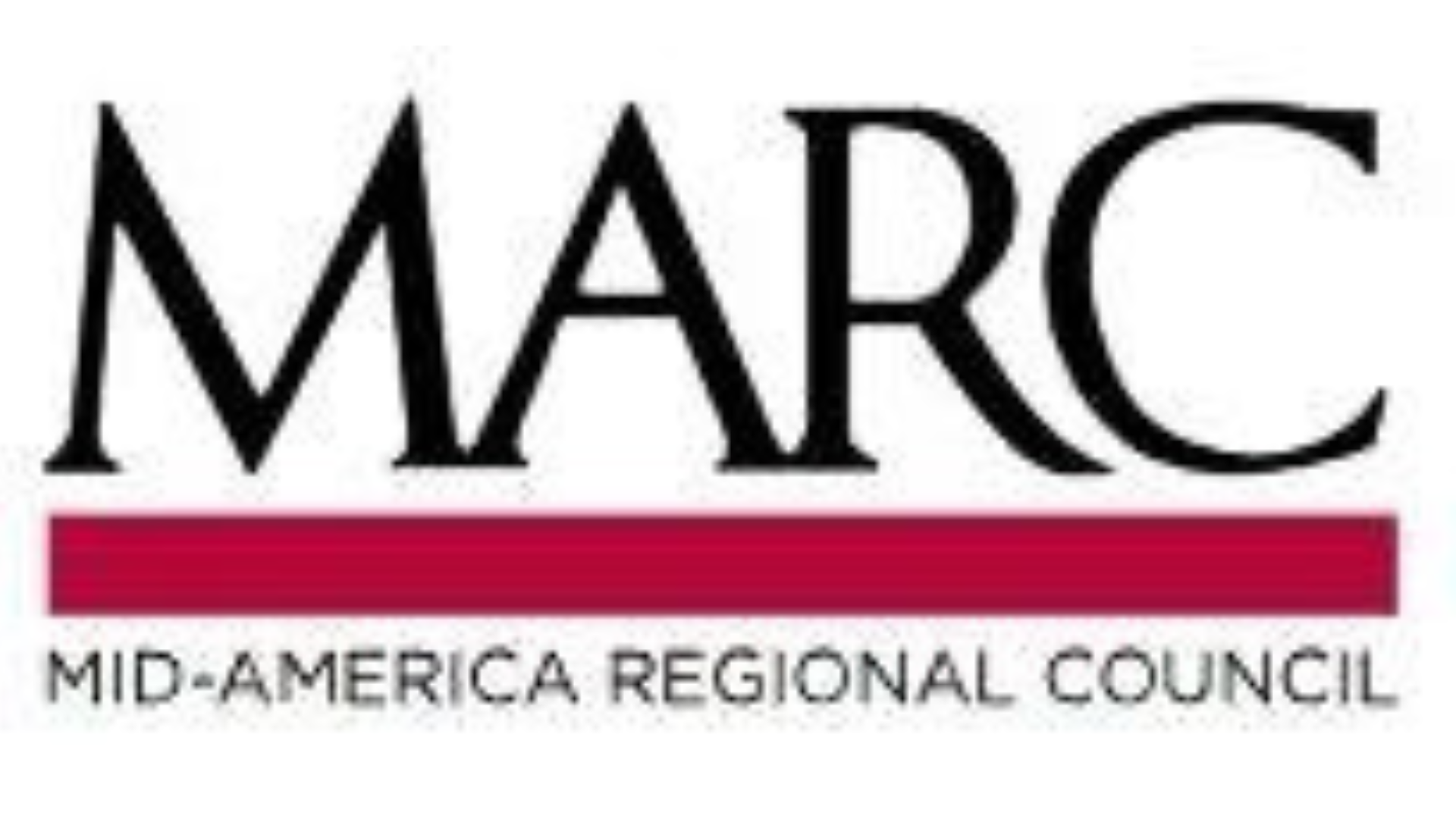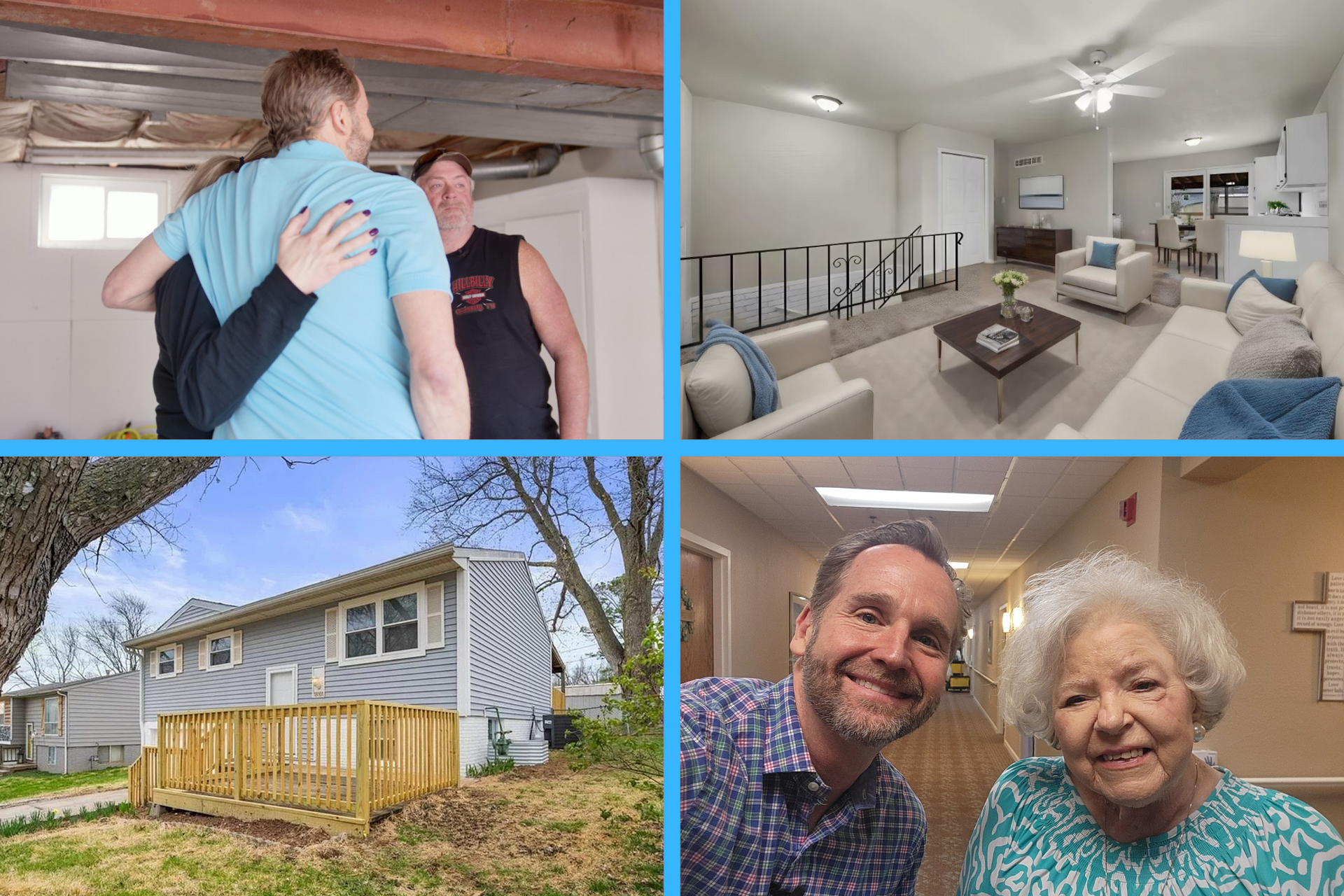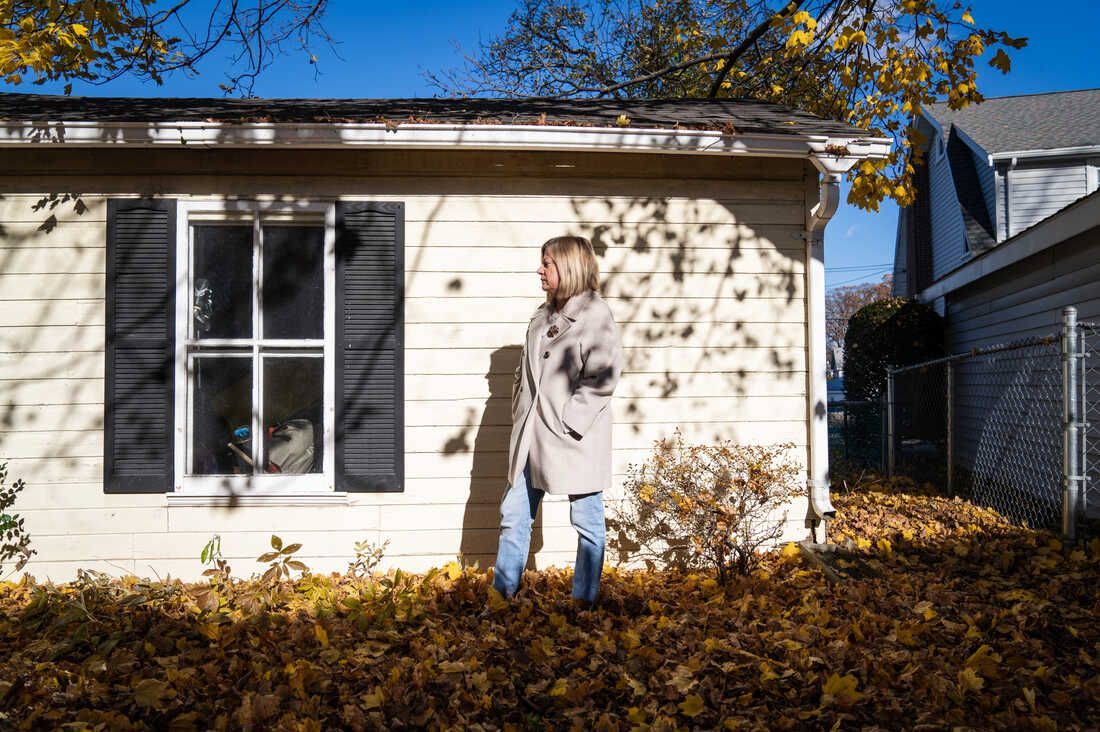Finding the Right Memory Care Community - How to Choose

How to Choose the Right Memory Care Facility for Your Loved One
Selecting the right memory care facility for a loved one with dementia is a critical decision, one that requires careful consideration of their specific needs, lifestyle, and budget. It's no surprise that many of our loved ones are moving into memory care. In the United States there are over 800,000 people moving into assisted living, with 42% requiring some form of memory or dementia care, per the most recent data compiled by the
National Center of Assisted Living.
Here's a good place to start to help you and your family navigate the process.
1.
Figure Out What Your Loved One Really Needs
Start by identifying your loved one’s daily needs and preferences. When possible, engage them in this process to ensure that their comfort and preferences are respected. Consider whether they need assistance with activities of daily living (ADLs) such as dressing, bathing, or eating. A memory care facility typically conducts a thorough assessment to create a personalized care plan, but having a clear understanding of their needs upfront is essential.
Ask yourself:
- Does my loved one exhibit difficult behaviors like aggression or agitation?
- Do they tend to wander or get lost?
- Is mobility a concern, requiring the use of a walker or wheelchair?
- Do they need 24-hour supervision or specialized medical care?
For severe health concerns that require constant nursing care, a nursing home might be a more appropriate option.
2.
Think About Their Lifestyle and What They Like
Memory care communities offer various amenities that cater to different lifestyles and preferences. Whether your loved one enjoys socializing, prefers solitude, or has specific dietary needs, it’s important to choose a community that aligns with their preferences.
Consider these questions:
- What living arrangements are available, and how do they accommodate personal preferences?
- How flexible is the daily routine, and can residents have a say in it?
- What types of meals are provided, and how are they served?
- Are there wellness programs that cater to different interests?
Tailoring the environment to your loved one’s lifestyle can significantly enhance their quality of life.
3.
Get to Know How the Staff Cares for Residents
The quality of care in a memory care facility is largely dependent on how well-trained the staff are in handling dementia-specific behaviors. Look for communities where staff demonstrate patience, understanding, and creativity in their care approaches. Also, inquire about the training and certification requirements for staff, as these can vary widely.
Questions to ask include:
- How are dementia care staff trained differently than assisted living staff?
- What techniques do they use to manage challenging behaviors?
- Are staff members assigned consistently to the same residents to build stronger relationships?
4.
Check Out the Facility’s Safety Features
Safety is paramount in memory care, especially to prevent wandering, a common concern in dementia care. Look for facilities with secure entrances, motion sensors, and other safety features that ensure residents are protected.
Inquire about:
- How the facility assists residents with mobility and fall prevention.
- The design of the community, including easy-to-navigate floor plans and secure outdoor spaces.
- The staff-to-resident ratio, especially during the night, and emergency protocols.
5.
Understand How Care Plans Are Customized
A personalized care plan is essential in dementia care, as it adapts to the changing needs of the resident. Care plans should be reviewed regularly to ensure they remain relevant and effective.
Ask the facility:
- How care plans are developed and who is involved in the process.
- How often care plans are evaluated and updated.
- Whether residents are grouped by cognitive level for more tailored care.
6.
Ask About Therapies That Boost Memory
Memory-enhancing therapies can improve the quality of life for those with dementia by slowing cognitive decline and addressing associated symptoms like depression or agitation. These therapies may include art therapy, music therapy, aromatherapy, occupational therapy, and even therapy gardens.
Consider asking:
- What memory-enhancing therapies are available?
- How these therapies are integrated into daily care.
- If the community offers tailored therapy sessions to meet your loved one’s specific needs.

7. Find Out How Activities Match Their Interests
Engagement is crucial in memory care. Activities should not only entertain but also provide a sense of purpose and enjoyment. Look for communities that offer activities tailored to your loved one’s interests, whether they enjoy puzzles, music, gardening, or other hobbies.
During your tour, pay attention to:
- The variety and frequency of activities offered.
- Whether activities are passive or encourage active participation.
- The availability of open engagement areas that residents can use freely.
8. Make Sure It Fits Your Budget
Cost is a significant factor in choosing a memory care facility. Understanding the fee structure, what’s included, and potential additional costs can help you make a more informed decision.
Key questions to ask include:
- How are monthly fees determined?
- What services are included in the monthly fee, and what costs extra?
- Are there any annual price increases or move-in incentives?
9. Trust Your Gut Feeling
Beyond the facts and figures, trust your instincts when choosing a memory care facility. Observe how the staff interacts with residents, whether the community feels welcoming, and if it aligns with your loved one’s needs and your family’s values.
After your visit, reflect on these questions:
- Do the staff seem knowledgeable and caring?
- Are the residents engaged and well-cared for?
- Does the community feel safe and comfortable?
10.
Use a Checklist to Stay on Track
To ensure you cover all bases,
take advantage of our checklist when touring memory care facilities. This will help you compare different options and make a well-rounded decision. Remember, the goal is to find a community that not only meets your loved one’s needs but also provides a supportive and enriching environment.
Finding the right memory care facility can be manageable. If you need help navigating the options, we have trusted resources available we can introduce you to to help guide you through this journey, and the best part is they are no cost to you.
Get an introduction today here.





















